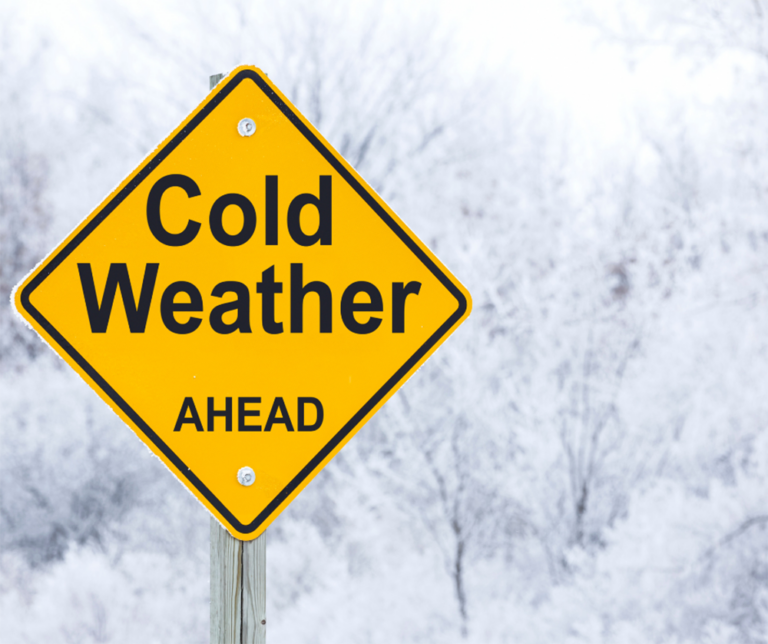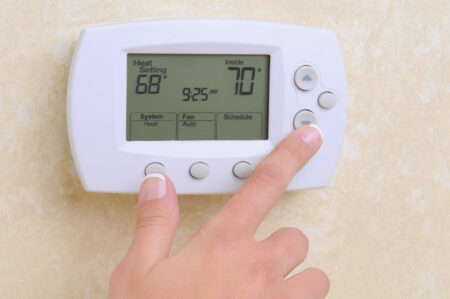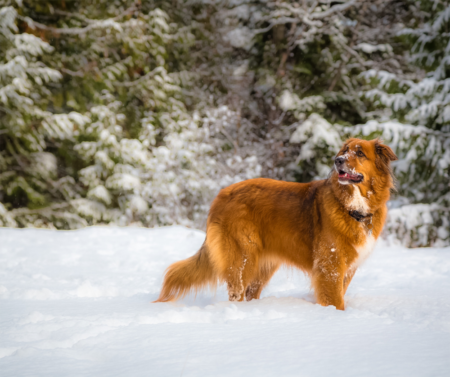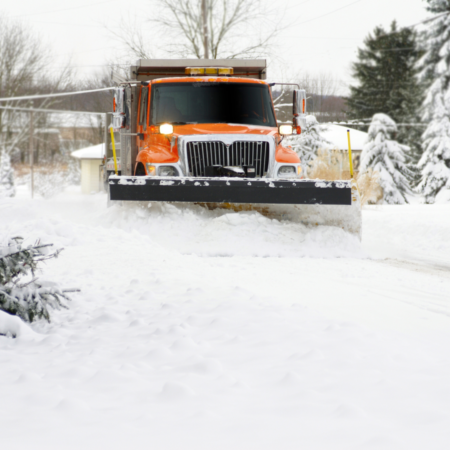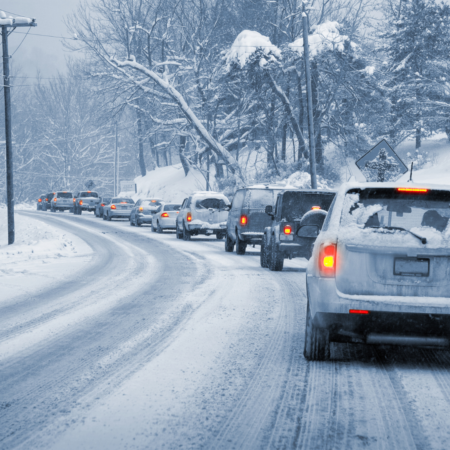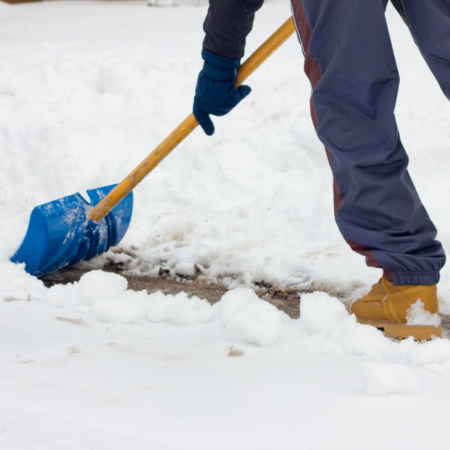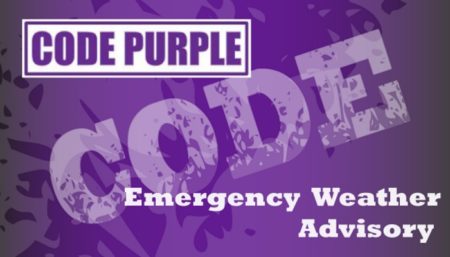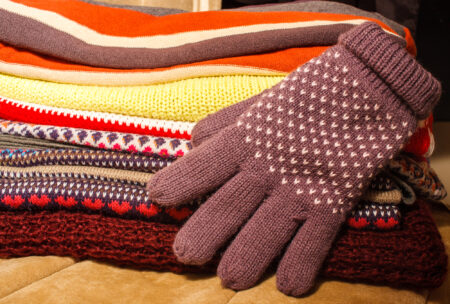As the days grow shorter and the chill in the air deepens, it’s time to gear up for winter preparedness in the beautiful city of Asheville. This month, staff will share information dedicated to ensuring that you and your loved ones stay safe, warm, and prepared for the frosty months ahead. From folk tales to community resources, from safeguarding your home to protecting your pets, we’ve got you covered!
Let’s embark on this snowy adventure together and make sure you’re ready for anything winter throws your way. Whether you’re a longtime Asheville resident or new to the city, this guide will help you make the most of the snowy months.
Recommendations For Your Home
With these recommendations, you can safeguard your home against the harsh realities of winter and ensure the well-being of your family, pets, and property.
- Protect Your Pipes: Prevent costly pipe damage with tips on insulating, keeping a steady drip, and being prepared.
-
- Insulate pipes: Make sure that your outdoors pipes have good insulation, or wrap them up with heat tape to prevent freezing.
- Keep a steady drip: On extremely cold nights, allow a small, steady stream of water to flow from your faucets. This movement prevents freezing.
- Seal gaps and cracks: Seal any gaps and cracks in your home’s exterior to prevent cold drafts from reaching your pipes.
- Open cabinet doors: On particularly cold nights, open the cabinet doors beneath your sink to allow warm air to circulate around the pipes.
- Kerosene Heater Safety Tips: If you rely on kerosene heaters, we have safety advice to keep you warm and worry-free.
-
- Ventilation: Use kerosene heaters in well-ventilated areas to prevent carbon monoxide build-up.
- Regular maintenance: Keep your heater in good condition by regularly cleaning and servicing it.
- Store fuel safely: Store kerosene in approved containers away from living spaces.
- Keep an eye on children and pets: Make sure young children and pets are not left unattended around kerosene heaters.
- Be sure to ONLY use kerosene oil and no other fuel for a kerosene heater.
- Safeguarding Home While Away: If you’re planning a winter getaway, learn how to keep your home secure and warm during your absence.
-
- Set the thermostat: Leave your heating system on at a low temperature to prevent freezing.

Closeup of a womans hand setting the room temperature on a modern programmable thermostat. - Secure windows and doors: Ensure all doors and windows are locked and secure.
- Notify a neighbor: Let a trusted neighbor know you’ll be away so they can keep an eye on your property.
- Timer lights: Use timer lights to give the appearance that someone is home, deterring potential burglars.
- If you are gone for an extended period of time, ask the Post Office to hold your mail so it does not accumulate in your mailbox, a sure sign that you are away.
- Set the thermostat: Leave your heating system on at a low temperature to prevent freezing.
- Winter Food Storage: Discover the secrets to stocking your pantry for the season’s harshest weather.
-
- Stock non-perishables: In case of power outages or being snowed in, keep a supply of non-perishable food items like canned goods, dried fruits, and nuts.
- Rotate your stock: Use and replace stored food periodically to ensure freshness.
- Keep a manual can opener: Ensure you have a manual can opener in your kitchen, as electric ones won’t work during power outages.
- Store water: In addition to food, store an adequate supply of drinking water, around one gallon per person per day.
- Protect Your Pets from Cold Weather: Ensure your furry friends are safe and comfortable throughout the winter season.

-
- Shelter: Provide a warm and insulated shelter for your pets if they spend time outdoors.
- Limit outdoor exposure: Minimize your pet’s time outside during cold weather.
- Keep water unfrozen: Ensure your pet has access to unfrozen water at all times.
- Use protective gear: For short walks or outdoor play, consider using pet booties and sweaters to keep your pet warm.
- Make sure that you keep enough food on hand for them.
Recommendations for Travel and Driving
By following these detailed recommendations, you can navigate the winter streets of Asheville safely, whether you’re driving, shoveling snow, or spending time outdoors. These precautions will help you avoid accidents, stay warm, and reduce the risk of cold-related health issues.
-
- If you live on a city maintained street, know your street priority level. You can find it on this map. The City of Asheville does not plow NCDOT streets.
- Park off the street: To facilitate snow removal, park your vehicles off the street or in designated areas during snowfall.
- Avoid unnecessary travel: If possible, limit your travel during heavy snowfall and allow plow operators to clear the roads effectively.
- Black Ice Caution: Understand the dangers of black ice and how to navigate it safely.
-
- Understand black ice: Black ice is a thin, nearly invisible layer of ice that forms on road surfaces. Be cautious when temperatures are near freezing.
- Reduce speed: Slow down when driving on potentially icy roads, and maintain a safe following distance.
- Brake and steer gently: Avoid sudden movements, such as hard braking or sharp steering, which can lead to loss of control.
- Car Kit for the Winter: Create a winter survival kit for your car with essentials like an emergency blanket, flashlight, and lighter.

-
- Emergency blanket: Keep a warm, insulated emergency blanket in your car in case you get stranded.
- Flashlight: Ensure you have a working flashlight and extra batteries.
- Lighter: Carry a reliable lighter for fire-starting or signaling in emergencies.
- First-aid kit: A basic first-aid kit can be crucial for minor injuries.
Recommendations During a Storm
These recommendations will help you navigate the aftermath of a winter storm in Asheville, from finding emergency resources and assisting neighbors to staying safe and warm while preventing common winter-related issues. Your preparedness can make a significant difference during challenging times.
- Community Center Resources – School Closures: Pay attention to the updates on the situation and look for the resources available in your community during winter storms, like when schools are closed.
-
- Community centers as shelters: Community centers may serve as emergency shelters during severe storms. Be aware of the nearest center in your area.
- School closure notifications: Stay informed about school closures through local news or school district websites.
- Childcare arrangements: Make arrangements for childcare if your children’s school is closed due to the storm.
- Food and supplies: Community centers often provide food, water, and basic supplies to those in need during emergencies.
- Check on Your Neighbors: Update your emergency numbers on your fridge to ensure the safety of your neighbors during a storm.
-
- Create a contact list: Compile a list of your neighbors’ contact information, especially for elderly or vulnerable neighbors.
- Emergency numbers: Place this list on your fridge, and ensure that each household in your neighborhood has a similar list.
- Regular check-ins: During a storm, check on your neighbors to ensure their safety and well-being.
- Offer assistance: Be ready to help with shoveling, providing supplies, or other assistance if needed.
- Snow Attire: Get some tips on what to wear to stay warm and dry in snowy conditions.
-
- Layering: Layer clothing to trap warmth, starting with a moisture-wicking base layer, insulating mid-layers, and a waterproof outer layer.
- Waterproof gear: Wear waterproof boots, gloves, and a jacket to stay dry in snowy conditions.
- Warm accessories: Utilize warm hats, scarves, and thermal socks to protect extremities from cold.
- Non-slip footwear: Choose shoes or boots with non-slip soles to prevent accidents on icy surfaces.
- Prevent Frostbite: Discover how to recognize and prevent frostbite in cold weather.
-
- Recognize symptoms: Learn the signs of frostbite, including numbness, tingling, or pale, waxy skin.
- Stay dry: Keep clothing dry to reduce the risk of frostbite.
- Keep moving: Maintain physical activity to generate body heat and keep blood circulating.
- Seek medical attention: If you suspect frostbite, seek medical help promptly.
- Generator Safety: If you use a generator during power outages, make sure you’re using it safely.
-
- Outdoor use: Operate generators outdoors, away from doors and windows to prevent carbon monoxide poisoning.
- Proper ventilation: Ensure proper ventilation for your generator to disperse exhaust fumes safely.
- Regular maintenance: Regularly service your generator to keep it in good working condition.
- Follow the manufacturer’s guidelines: Adhere to the manufacturer’s instructions for safe generator use, including fuel storage and maintenance.
-
- Warm-up: Stretch and warm up your muscles before shoveling to prevent strains and injuries.
- Choose the right shovel: Use a lightweight, ergonomic shovel with a non-stick blade to make the job easier.
- Lift with your legs: Bend at the knees and use your leg muscles, not your back, to lift snow.
- Take breaks: Don’t overexert yourself; take breaks and stay hydrated during shoveling.
- Limit Time Outdoors: Protect yourself from the cold by knowing when it’s time to come inside.
-
- Dress in layers: Wear multiple layers of clothing to trap heat and stay warm.
- Wear appropriate winter gear: Use insulated and waterproof clothing, gloves, and a warm hat.
- Protect exposed skin: Cover your face, neck, and any exposed skin to prevent frostbite.
- Be mindful of wind chill: Pay attention to wind chill factors, which can make the temperature feel much colder than it actually is.
Community Resources for Winter
These community resources for winter in Asheville provide opportunities to support those in need, stay healthy, and embrace the city’s rich cultural traditions. By understanding and participating in these initiatives, you can contribute to a warmer, safer, and more connected community during the winter months.
- Code Purple – What is it?: Understand the importance of Code Purple and how it helps protect the homeless during harsh winter nights.

-
- Providing shelter during extreme cold: Code Purple is an initiative in Asheville that activates emergency shelters for the homeless when temperatures drop to dangerous levels.
- Warmth and safety: These shelters offer a safe and warm place for homeless individuals to escape the bitter cold, preventing hypothermia and other health risks.
- Volunteer opportunities: Consider volunteering at Code Purple shelters or contributing in-kind donations to support this life-saving effort.
- Promote awareness: Share information about Code Purple with your community to increase awareness and support for the initiative.
- Health Recommendations for Winter: Learn about health tips and strategies for staying well during the colder months.
-
- Stay active: Regular physical activity helps maintain good health, even in winter. Consider indoor exercises or winter sports.
- Adequate nutrition: Eat a well-balanced diet rich in fruits, vegetables, and lean proteins to support your immune system.
- Hydration: Stay hydrated, as dehydration can occur in cold weather as well.
- Flu vaccination: Get a flu shot to protect yourself and those around you from influenza, which is more common in the colder months.
- Mental health: Address seasonal affective disorder (SAD) and winter-related stress by seeking professional help or support groups if needed.
- Jacket and Blanket Donations: Learn how you can contribute to community partnerships and keep those in need warm and snug.

-
- Community partnerships: Many organizations and charities in Asheville accept donations of jackets and blankets to distribute to those in need.
- Warmth for the vulnerable: Your donations can make a significant difference in keeping homeless individuals, low-income families, and others warm during winter.
- Check donation guidelines: Ensure you follow donation guidelines of the specific charity or organization to maximize your impact.
- Encourage participation: Spread the word about jacket and blanket drives in your community to encourage others to contribute.
Winter preparedness in Asheville is an opportunity to embrace the joys of winter while ensuring that safety and warmth are never compromised. By following the recommendations for home, the streets, and during storms, you’ll be well-prepared for any challenge that winter may bring. Don’t forget to share this blog post with your family and friends to make sure they’re also ready for the season. Together, we’ll create a warm and secure winter wonderland right here in Asheville. Stay safe and enjoy the beauty of the season!
